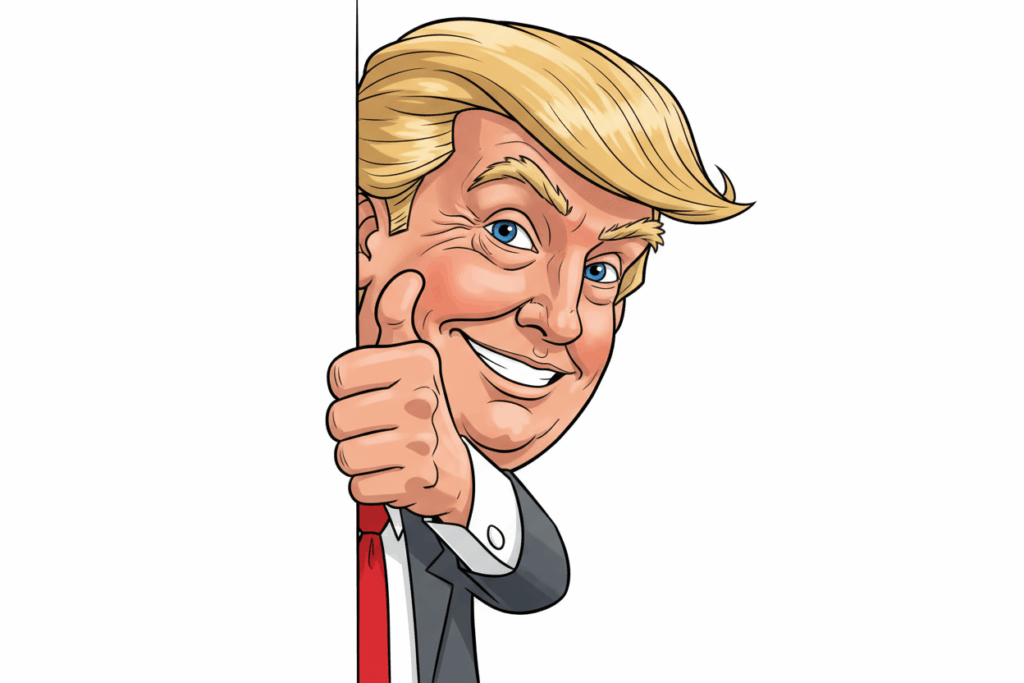When bail is tied to wealth, freedom becomes a privilege, not a right

More than a technicality of the law is at stake. At issue is the very question of whether freedom is a right of the wealthy and a dream deferred for the poor.
THE AMERICAN EXPERIENCE: JUSTICE FOR SALE
In America, bail is intended to assure that the accused will appear before the court and not interfere with witnesses or evidence. Historically, this assurance is cash secured bail. Pay up, or jail is the automatic option. The sad story of Kalief Browder, a Black youth charged with swiping a backpack, revealed the ruthlessness of this system. Browder was held in jail for three years without a trial, not because he had done anything wrong, but because he had no money to post bail. He subsequently took his own life, serving as a grim reminder of how the system criminalizes poverty over crime.
Cashless bail or unsecured bail attempts to correct this by eliminating up-front deposits and instead using conditions such as regular check-ins, risk evaluations, or personal recognizance bonds. Reformers say it avoids unnecessary incarceration of the poor. Trump’s team maintains it undermines safety. Truth, maybe, lies in compromise: freedom must not be for sale, but neither must real risks be dismissed.
INDIAN REALITY: Bonds Without Balance
India’s bail system encounters glaringly similar challenges. According to the Bhartiya Nagarik Suraksha Sanhita, 2023 (replacing the CrPC), courts may release persons on bonds (personal assurances) or bail bonds supported by sureties like kin, employers, or property deeds. Technically, this seems progressive. In reality, though, thousands of undertrials continue to be incarcerated because they cannot provide even modest surety amounts sometimes as low as Rs 500.
The Law Commission of India’s 268th report in 2017 appropriately branded this practice “contrary to constitutional ethos.” The Supreme Court has also weighed in, mandating jail superintendents to notify Legal Services Authorities if undertrials are incarcerated for more than a week following bail orders. But reports came out with almost 5,000 such instances in 2023 evidence that the distance between legal reform and ground reality is still considerable.
WHY BAIL REFORM MATTERS
Bail is not punishment; it is a link between presumption of innocence and the right to a fair trial. As courts make money the standard of liberty, they turn justice into a right of the affluent. Research in America finds that pretrial detention makes conviction more probable, as the accused tend to plead guilty just to leave the jail. In India, congested prisons where more than 70% of prisoners are undertrials exacerbate delay, stretch resources, and compromise justice.
Solutions exist. Risk-based evaluation, release under supervision, community bonds, and even technology—such as GPS tracking or app-based reporting—can provide more equitable means of guaranteeing trial appearance without criminalizing indigence. These tools are already being implemented in some sections of the U.S. and Europe and could be modified to suit India’s context.
THE LARGER QUESTION
Trump’s executive order and India’s stalled reforms confirm a world fact: bail systems tend to reflect economic inequality as much as justice. A system that puts the poor behind bars while granting freedom to the rich undermines faith in law and eats away at the constitutional promise of equality.
The actual question is only simple, but it is profound: Is justice for sale? Only until the answer is a loud “no” will both the U.S. and India continue to grapple with a bail system that punishes people for being poor in the name of safeguarding order.
Subscribe Us
We strive to make a lasting impact on India’s policy and planning landscape through fair, unbiased, and incisive research based journalism.
But we can’t do it alone.
Together, we can create a better India, where policies are fair, planning is unbiased, and the truth prevails. Your contribution matters, and we shall be immensely grateful for your support.

